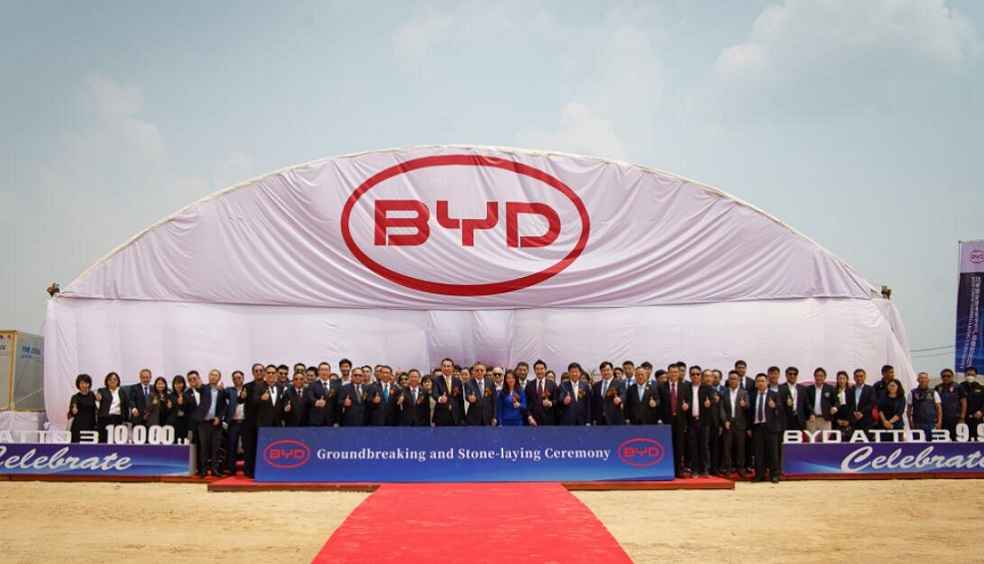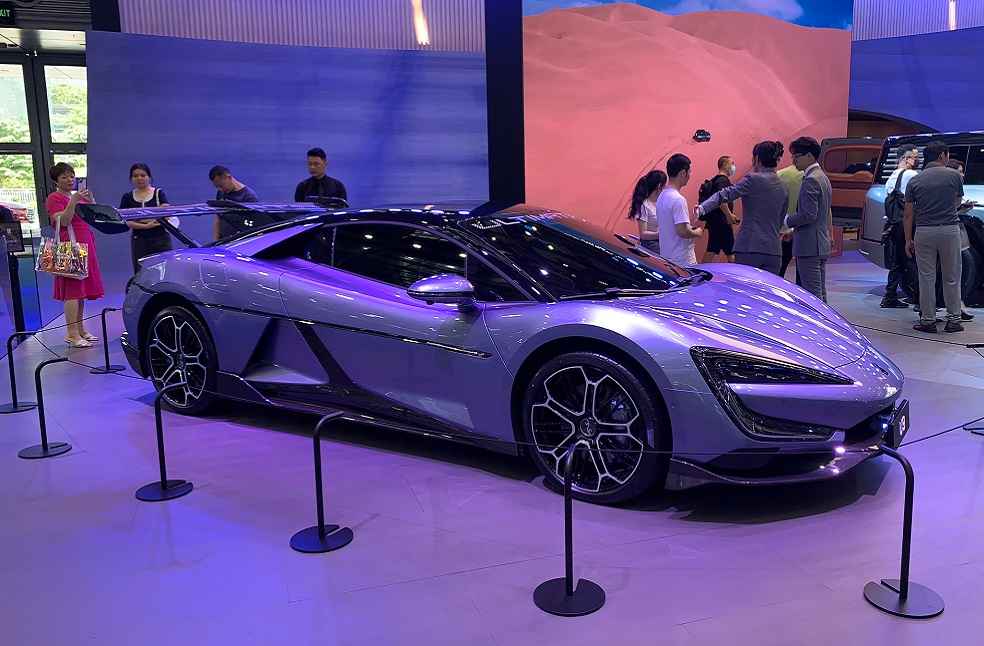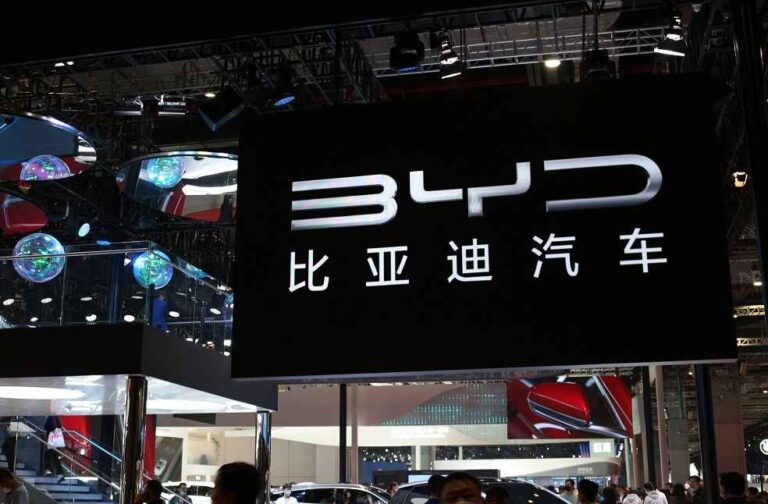Chinese auto manufacturer BYD is making substantial strides in Thailand’s EV (Electric Vehicle) market, challenging Japan’s longstanding dominance. Entering the market in July 2022, BYD already claims 4% of total new vehicle sales, with over a third being electric vehicles.
Long-standing Japanese dominators such as Toyota, Isuzu, and Honda still command the top ranks in Thailand’s broader auto market. However, when the future wave of automotive EVs is considered, BYD emerges as the undisputed leader, leaving even prime Japanese competitors like Nissan, Mitsubishi Motors, Mazda, and Suzuki in its wake.
BYD’s impressive acceleration in market share is attributed to a blend of aggressive marketing strategies and competitive pricing, catapulting it past several smaller Japanese automakers. The car manufacturer has successfully positioned its models as more affordable yet compelling alternatives, a move that undoubtedly fuels its burgeoning popularity in Thailand’s automotive landscape.

The Thai government’s green vision for the future is acting as a powerful catalyst, steering the nation towards a more sustainable automotive ecosystem. As per the ambitious aim, by 2030, 30% of vehicles manufactured in the country are envisioned to be electric, a goal that has magnetized significant investment and innovation from Chinese automakers, seemingly outpacing Japanese involvement.
Subsidies have turbocharged the adoption of EVs, propelling their market share from a modest 1% in 2022 to a notable figure surpassing 10% today. BYD, capitalizing on this conducive environment, has taken decisive steps to deepen its roots in Thailand, embarking on the construction of a factory poised to bolster the production of EVs, earmarked not just for the Thai market but also eyeing broader horizons in ASEAN countries and Europe.

In India, the scenario diverges. Suzuki, a prominent Japanese player, is architecting its subsidiary, Maruti Suzuki, to emerge as a global epicenter of EV production. The Indian landscape presents a fertile ground enriched by tremendous market potential and favorable cost structures. It promises the future of Japanese EV innovation in the region.
An exciting race is unraveling on the global automotive tracks, where established giants, innovative challengers, and supportive policies collide and collaborate to drive the wheels of sustainable and revolutionary mobility solutions into the future.
DON’T MISS | UK-EU Urged to Deflect £3,400 EV Tariff, Safeguarding Auto Trade Resilience





